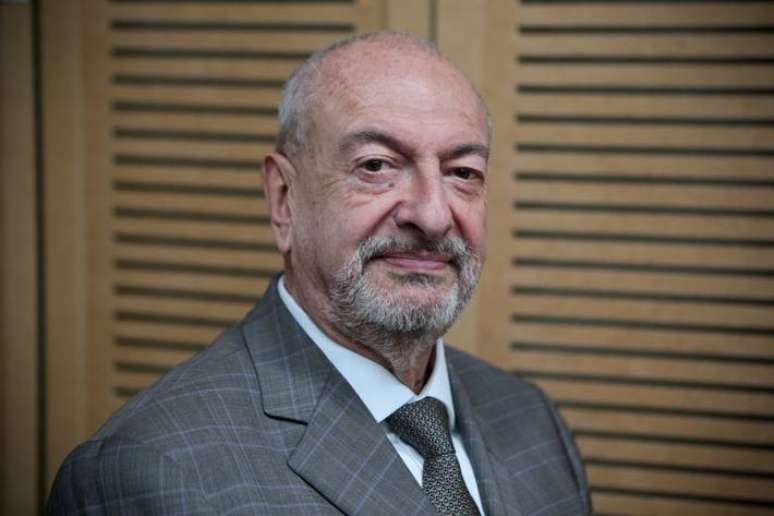Brazil’s fragile democracy has always been vulnerable to authoritarian outbursts. One of the expressive moments of this phenomenon occurred during the Estado Novo coup.
Dictator Vargas ended his mandate and proclaimed that the elections would take place as stipulated in the Constitution. There have been various statements in this regard. In one of them he was eloquent: “For my part, I will do my utmost to ensure that the pronouncement of national opinion takes place within the framework of active democracy. He who has remained invariably magnanimous and measured in his actions will be interested only in favoring a lofty and conciliatory, above narrow regionalisms and rivalry competitions, capable of strengthening the regime and institutions and avoiding the dangers that threaten national unity”.
He tried to keep the leaderships that had articulated for the succession calm. On September 7 of the fateful year 1937, addressing the Brazilian people with a pathetic speech, he practically took his leave declaring, peremptorily: “For the last time, with the responsibility of Head of the Nation, I speak to you, this epochal date, and therefore I wish to remove from my expressions every aftertaste of disappointment for human weaknesses or resentment for the misunderstandings suffered”.
Who would stop believing in the supreme commander of the nation, idolized by a legion who called him “father of the poor”, so friendly to the point of arousing “queremism”, whose watchword was “leave the old man alone!”?
The never so acclaimed Governor of São Paulo, Armando de Salles Oliveira, before resigning to run for the Presidency of the Republic, which took place on 28 December 1936, had previously and personally consulted the President of the Republic. He reiterated the certainty of his firm intention to preside, with the utmost impartiality, at the elections which will take place in compliance with the Constitutional Charter granted by himself.
In May 1937 the Constitutionalist Party launched the candidacy of Armando Salles for the presidency of the Republic. The manifesto with which he convened an extraordinary party congress to ratify the choice of candidate was based on the belief that his word would come true. We began, therefore, supported by this foundation of trust: «The nation anxiously awaits the moment to experience, in the polls, the solidity of Brazilian democracy. and all its virtues. In it a free and conscious choice will be made, which dispenses adventures and does not tolerate usurpations. What is at stake is Magna Carta itself and what is being sought is the loyal application of the principles that inspire it.”
The memorable document stated: “Brazil has the right to demand that the principles in whose name it arose, with spontaneous and irrepressible movements, are not corrupted. We have achieved one of the great ideals: the secret ballot, protected and guaranteed by the Justice. three elections, the pessimism of our people’s detractors, the intelligent use of that splendid instrument of defense of free peoples. the maximum act of our political life, methods that we believed annihilated. , after further fratricidal struggles”.
For serious men, the pledged word didn’t need to be authenticated. Hence the clarity of the manifesto: “As justification of our trust we have the word, solemnly committed in public, of the President of the Republic, who, faithful to the irresistible spiritual force that animated the beginnings of the renewal campaign, promised to preside over the election of his successor with an impartiality that does not undermine the significance of the magnificent civic spectacles which were the last elections, under the watchful empire of an electoral justice full of prestige and authority”.
How can good faith come so close to naivety, which makes cultured, mature and sensitive men, unwary victims of tyranny? What followed was in fact the coup d’état of November 10, 1937.
*José Renato Nalini is dean of the Uniregistral, postgraduate professor at Uninove and general secretary of the Academia Paulista de Letras
Source: Terra
Rose James is a Gossipify movie and series reviewer known for her in-depth analysis and unique perspective on the latest releases. With a background in film studies, she provides engaging and informative reviews, and keeps readers up to date with industry trends and emerging talents.







